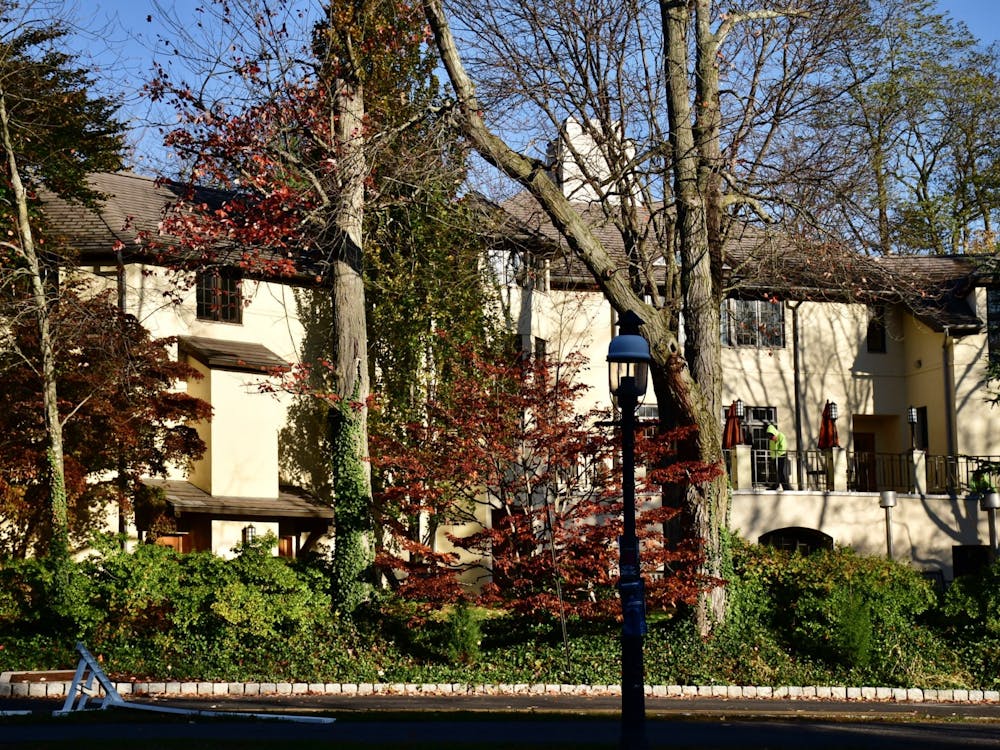Last week, an opinion column was published in The Daily Princetonian by members of the Faculty-Student Committee on Sexual Misconduct urging the student body of the University to participate in the "WeSpeak: Attitudes on Sexual Misconduct at Princeton" survey. According to an email distributed to students by the committee, the objective of the survey is simple: to learn about the prevalence of sexual assault at Princeton and to more effectively address issues related to sexual violence and sexual assault. The Editorial Board recognizes the critical importance of accurate data related to instances of sexual assault and sexual violence at the University, and the Board is concerned that an initially low response rate may have caused the University to extend the survey deadline. Consequently, we urge every student to participate in the survey before its April 7 deadline.
Sexual assault, sexual violence and the accompanying culture are pervasive on college campuses. The problem affects women and men. It affects our roommates and teammates. It affects our friends and family. These instances of assault and violence cannot be meaningfully quantified because every prior attempt to administer surveys similar to WeSpeak has yielded imprecise results. Both a 2008 survey distributed by the University and a 2011 study conducted by the American College Health Association were characterized by gross under-participation. We do not know if the results of these surveys over-represent or under-represent rates of sexual assault and violence at the University. Statistics from surveys conducted nationwide offer the University even less stable footing. The commonly cited statistic that one in five females enrolled in college will be a victim of sexual assault or sexual violence during her university years comes from the Campus Sexual Assault Study, a survey conducted by the Justice Department’s National Institute of Justice. The NIJ only polled undergraduate females at two large public universities, and, according to researchers, the response rate of these universities was low.
To solve the problems related to sexual assault and sexual violence at the University, University administrators must understand the complex nature of the problem. Surveys with low levels of participation are unable to give an accurate picture of campus issues and prevent us from understanding the problem we are trying to solve. A Princeton-specific survey will help to isolate what is and is not working with current University policies, and the results will help to shape better, more effective policy going forward. Simply put, the results of WeSpeak will give information that no other survey can provide to the University community. Maximizing participation will help the University account for the diversity of campus experiences, perceptions and opinions as it shapes and implements new policy. Subsequent policy changes will be inclusive and will foster safety in the Princeton community.
Pragmatic benefits aside, the Board believes that each student has an obligation to complete WeSpeak. Princeton is not simply a community; rather, it is our community. Each of us has the right to not only be safe here, but also to feel safe. Even if you feel like you have not encountered sexual misconduct on campus or feel like you do not know enough about the issue, it is important to participate. WeSpeak is not only meant for members of our community who have worked on these issues. It is meant for all of us. The least we can do for one another is to take less than 20 minutes in the coming days to complete the survey. WeSpeak is an opportunity for each of us to make a meaningful and positive contribution to Princeton for our peers and for generations of Princetonians to come.
If you wish to make further comments on this important issue beyond what is addressed in the survey, the Board encourages you to email WeSpeak at wespeak@princeton.edu to share your thoughts.
TheEditorial Boardis an independent body and decides its opinions separately from the regular staff and editors of The Daily Princetonian. The Board answers only to its Chair, the Opinion Editor and the Editor-In-Chief.







